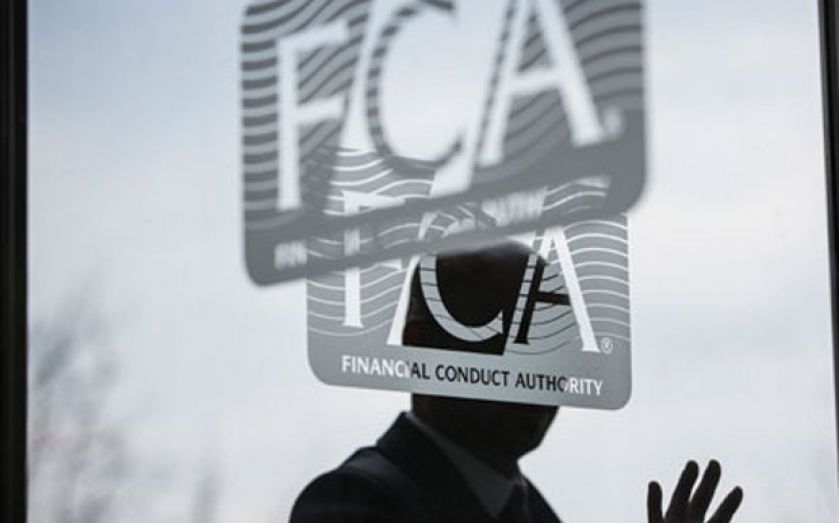The FCA’s reputation has been dealt a serious blow – change is needed

The Financial Conduct Authority (FCA) has had a tough week. The findings of the Davis report, an investigation into a botched, market-sensitive media briefing on the life insurance market, yesterday described the regulator’s reaction to the error as “seriously inadequate”, and “short of the standards expected of those it regulates”.
The regulator spent a total of £3.8m on the report, and its findings have cost many senior staff, including chief executive Martin Wheatley, their annual bonuses. Wheatley admitted at the time that the episode was not the FCA’s “finest hour”, but it’s been pointed out that the debacle lasted considerably longer than this: the organisation failed to take full corrective steps until the following day, according to the Davis report, while insurance stocks plummeted.
The Davis report slammed the FCA’s “high-risk, poorly supervised and inadequately controlled” media strategy, a sentiment that perhaps chimes with Wheatley’s much-criticised “shoot first and ask questions later” attitude.
In a pre-emptive response to these findings, the FCA announced a series of structural changes designed to meet regulatory challenges, but there’s no doubt that confidence in the organisation has been seriously shaken. As we approach two years since the establishing of the Prudential Regulation Authority (PRA) and FCA, it seems clear that this episode is indicative of a deeper challenge facing both regulators.
On Monday, we released a piece of research, Friends or Foes, which revealed that 79 per cent of financial services firms say UK regulation is harming their competitiveness. A significant portion (47 per cent) feel that the new bodies do not have enough commercial understanding of the financial services environment. These findings came from speaking to senior executives across the industry.
I hope this week will act as a catalyst for change. If not, the “belt and braces” approach we’ve seen up to now could end up cutting off the industry’s circulation, and the regulator’s reputation could be further undermined.
At present, idealism presides over realism. Financial services companies need a regulator with a greater appreciation of the commercial pressures they face, and a sensible assessment of the timescales for implementing new rules.
The structural changes announced by the FCA this week are apparently designed to ensure a “sharper focus” on the regulatory challenges ahead. These are encouraging steps. It must be remembered that the regulator has a mandate to be intrusive at times, and the new measures should help to balance the need to intervene with the fostering of competition.
In particular, we support the introduction of the new Markets Policy and International Division, led by David Lawton, to build the FCA’s profile on the European stage, and the creation of the Strategy and Competition Division, led by Christopher Woolard, which will build on competition capabilities and provide a clear focus on the competition agenda.
However, we must create more of a balance between intervention and support. We must establish a more frequent and open dialogue between regulators and industry to embed a fundamental and long-lasting difference.
To that end, we would encourage every financial services company to have a designated person responsible for its relationship with the regulators. They need to be able to have a consistent dialogue with regulators in order to build a strong working relationship.
In addition, the FCA must make a clear commitment to communicate in a transparent, open manner – especially at media briefings. As referenced by the author of yesterday’s report, Simon Davis of Clifford Chance, the regulators have a responsibility to maintain the standards it expects of those it regulates.
In response to the challenges identified by our own research, BDO has committed to set up a working group to bring the regulators and the regulated closer together, and provide recommendations on better ways of working.
Of course, it takes time for any new system to settle down and become truly effective. It is commendable that the FCA itself has recognised the need to reform internally and responded accordingly. This should be welcomed.
Now it must draw a line under these events, listen to those it regulates, and concentrate on ensuring that the industry acts in the best way possible – in the interest of both firms and consumers. It is critical that companies are able to build confidence in the regulatory system.